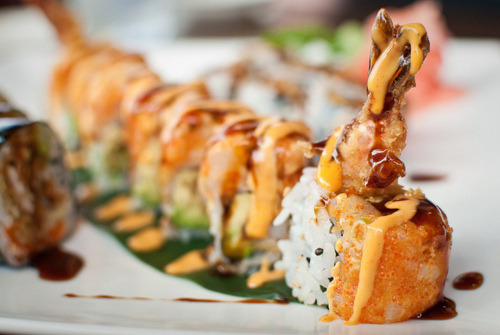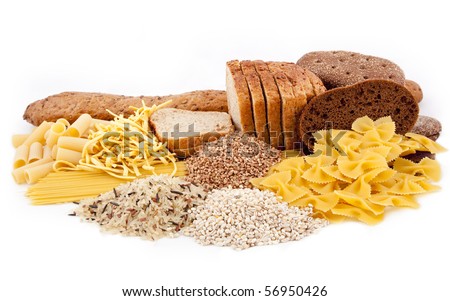I saw a cartoon a few weeks ago with this simple caption: “Every year American culture embarks on a massive project to carefully recreate the Christmases of baby boomers’ childhoods.” I found it a profound insight.
Tradition is a big deal pretty much everywhere you go, but nowhere else is it more revered than in religious settings. We like our traditions; the lights and greenery of the Christmas season, the parades on July 4 and Memorial day, that one special place every summer. For years before we moved out of Rochester, my wife and I would go to a sushi place called “California Rollin’” on our anniversary and our birthdays. It was our family tradition. We still go when we visit family there, as much for the nostalgia as for the food. Traditions can be true and deep and meaningful and - dare I say it - even holy.
There are two challenges, however, with tradition. The first is environmental: the world is not a static place, but rather, our environment is dynamic, always changing; jobs change, weather changes, economies rise and fall, friends come and go, people get injured … nothing stays as it is for long. Our traditions are subject to the movement of the world around us, now more than ever. The second is cultural: what one person considers a tradition is often different for another. Some prefer the brightness of lights and lasers at Christmas, others prefer the darkness of a candle-lit sanctuary. Some prefer to rock around their Christmas tree, others prefer a silent night. We start to argue about making sure we “keep the tradition” and blacklist anyone who would dare suggest we try something new - they’re troublemakers up to no good, and no good will come of their antics. And we forget that our tradition was, at one time, not the way it was always done.
At some point, the tradition was new.
The lesson to learn here is that there are, really, two kinds of tradition. Traditions are created, intentionally, for a good reason. They are not simply "the way it is," but rather came from somewhere for a purpose. We create a rhythm with traditions; the rhythm is a reminder, a symbol of something deep and meaningful. Sometimes we can keep those traditions fresh and new, ever-imbued with that deep meaning for all concerned. I’d put “Silent Night” by candlelight into this category; every year it takes on a new meaning for me and many, many others; sometimes because of the peaceful tranquility of the soft music, sometimes because of the communal act of creating light together, sometimes just simply because it’s so darn pretty to see an entire room lit only with candles. It’s done every year on purpose, for good reasons that almost everybody can articulate, including but not limited to “because we like it” (though we’d be remiss not to recognize that not everybody does).
All traditions, though, are created for a season, for a culture, and when they have run their course, when the world changes and more people come from other cultures with other traditions, everybody’s traditions change. And it’s ok - we can help each other create new traditions for a new season in a new time and place.
But “Traditionol” (now with fresh citrus flavor!) is a drug that promises, for many, to make it all better, as if going back to old faithful really will change the outcome. Despite a change in the environment or culture, despite the differences in traditions across a group of people, we often fight to keep the way it’s been done for the status quo. [sidenote: This isn’t limited to those that won’t change anything; sometimes “change” can be a tradition all to itself, as in "change for change's sake."] But that’s the definition of insanity; you are doing, as they say, exactly what it takes to get the results you are currently getting, and to expect new results by continuing this same course is simply lunacy.
Sometimes traditions are done only because that’s the way we do it; we can’t remember a good reason to do it beyond “that’s the way we always do it” or “we like it that way.” Sometimes we go so far as to make our traditions into dogma to be enforced on others as the right way, the only way, and despite that those traditions were created for a positive purpose, to foster greater understanding and connection with others, along the way we lost the vision. That is when a tradition becomes the addictive and yet repressive traditionol: when we no longer understand why we should do it, but rather only know that we can’t and won’t stop.
And so sometimes, sometimes the best thing to do is to let a tradition die.
That doesn’t mean it hasn’t been a good thing, a helpful thing, a beautiful and true thing. It simply means that it has served its higher purpose and now, something new is needed. Sometimes, to keep a tradition from becoming traditionol, we let it die, and in its death we allow it to birth new traditions for a new time and a new culture. We remember it fondly, as a good thing, as something that blessed many. And then we start over as artists, and from the charcoal of the old, the whisper of the new is born.







